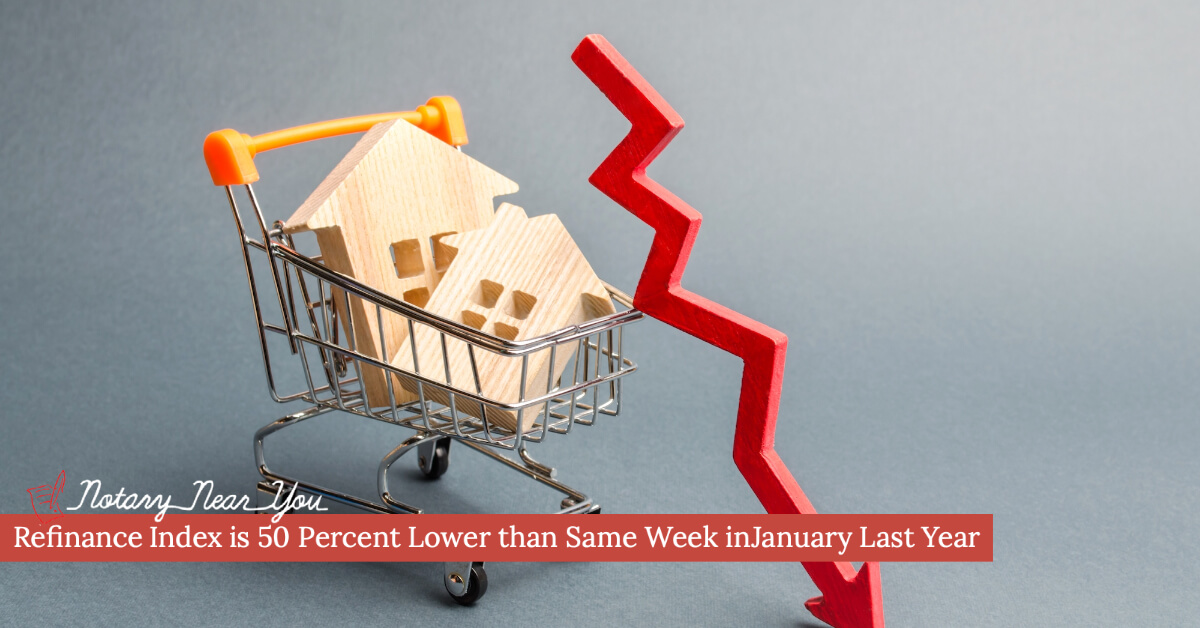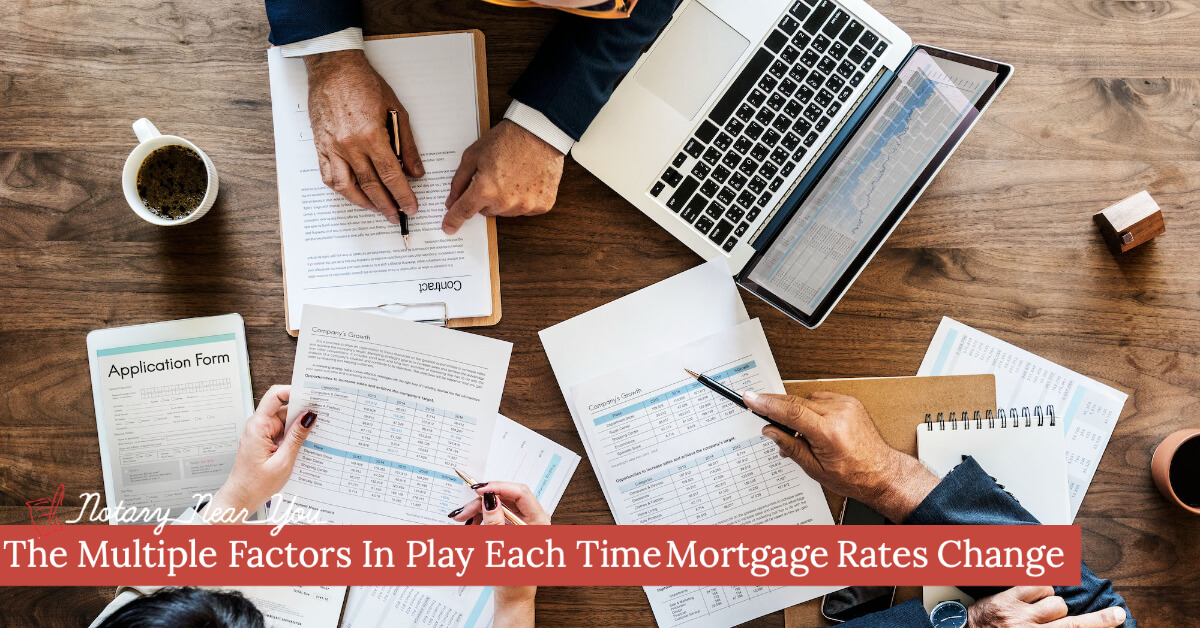Rapidly rising mortgage interest rates are having a direct impact on mortgage application volumes, particularly for mortgage refinance applications. In an article by Adam DeSanctis for the Mortgage Bankers Association (MBA) “The Market Composite Index, a measure of mortgage loan application volume, decreased 8.1 percent on a seasonally adjusted basis from one week earlier. On an unadjusted basis, the Index decreased 8 percent compared with the previous week. The Refinance Index decreased 14 percent from the previous week and was 54 percent lower than the same week one year ago.”
Uncategorized
Mortgage Interest Rates see the Biggest 3-month Rate Spike since 1994
According to an article written by Matthew Graham for Mortgage News Daily “Adults who are old enough to remember 1994 have always had an ace in the hole when it comes to today’s young whipper snappers complaining about abrupt spikes in mortgage rates. Sure, even older adults have the first few months of 1980, but 1994 was a more compelling example because it wasn’t part of the once-in-a-lifetime inflationary spike. As such, it is a more worthy comparison to any modern example of rate volatility. As of today, the race between the first few months of 1994 and 2022 are neck and neck in terms of damage done to mortgage rates in a short amount of time.”
Rising Mortgage Rates Are the Buzz with Home Buyers
Whether you are in the market to buy or refinance a home, everyone is talking about the rising mortgage interest rates! Many predictions and questions are included in conversations on this topic, along with the variety of national and worldwide changes that are affecting the rates.
Mortgage Delinquencies Nationwide Dropped Below Pre-Pandemic Levels
According to an article written by Jann Swanson for MortgageNewDaily.com “The number of non-current loans has declined in every stage. Loans that were in the early delinquency, 30 to 59 days past due, represented 1.2 percent of loans in November, down from 1.4 percent the prior November and the rate of those 60 to 89 days delinquent was slashed in half, to 0.3 percent. Serious delinquencies, loans 90 days or more past due, including loans in foreclosure, which reached a high of 4.3 percent in August 2020, are now at a 2.0 percent rate, again only slightly more than half the rate a year earlier.”
Pandemic Related Predictions for High Real Estate Foreclosures in 2021 Did Not Materialize
According to a Mortgage News Daily article (link is below) ATTOM Data Solutions, a provider of real estate and property data, recently released statistics that foreclosure activity in 2021 was at the lowest level since they started tracking in 2005. This is in stark contrast to many who predicted a Tsunami of real estate foreclosures would occur in 2021 due to the Pandemic.
Refinance Index is 50 Percent Lower than Same Week in January Last Year
According to the Mortgage Bankers Association (MBA) Market Composite Index, the Refinance Index is 50 percent lower compared to the same week one year ago, in January 2021. During the same week there was a small uptick over last year in purchase mortgage activity.
Learning About The Multiple Factors In Play Each Time Mortgage Rates Change
If you are like most Americans, you’ve spent the last few years watching mortgage rates reach historic lows. It is a complex set of factors that impact mortgage rates, and many articles attempt to simplify it.
A recent article on MortgageNewsDaily.com goes into great detail about the various aspects, including graphs that help us visualize what they are saying, It’s a good read if you want to gain a better understanding of the topic.
Fannie Mae Revises Forecast for Home Sales
In an informative article written by Jann Swanson for MortgageNewsDaily.com Fannie May has revised the timeline for its home sales forecast. There are multiple factors stated in the article that is affecting the forecast, including:
- Limited Inventory
- Increase in Prices
- Rising Mortgage Rates
Home Buyer Sentiment is Low while Home Seller Sentiment is High!
There are many factors that affect home buyer and seller sentiment. Confidence, or lack thereof, in the economic future is a key consideration for both. In Fannie Mae’s National Housing Survey (NHS) seller sentiment is 36 point higher than October 2020, with buyer sentiment 60 points lower for the same period, in spite of the fact that interest rates remain low which is an advantage to buyers.
Fannie Mae and Freddie Mac helping homeowners take advantage of low interest rates
Fannie Mae and Freddie Mac expanded a home refinance program that helps low-to-moderate income households, giving them a better opportunity to refinance now while interest rates are low. The program was launched in June of 2021, but recently the income limit qualifier was increased as well as other modifications to the program to reach more homeowners.










